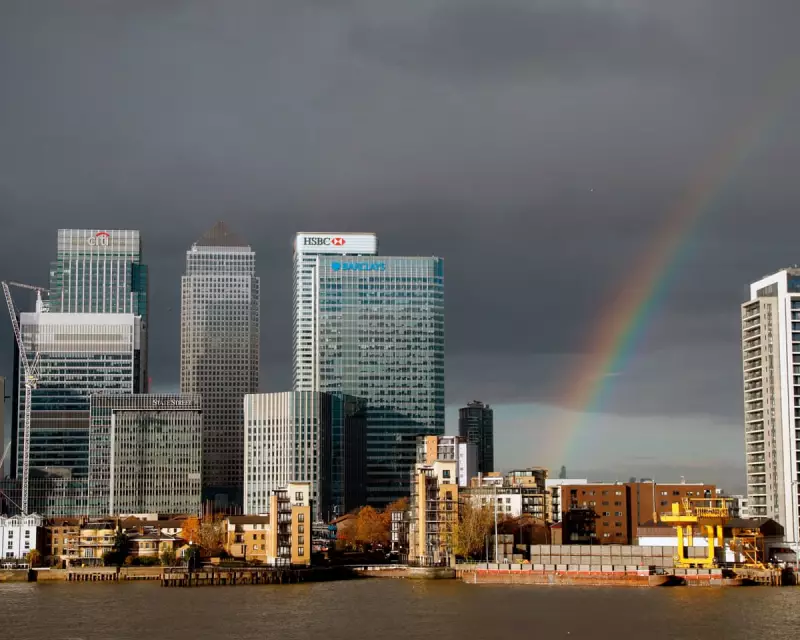
The UK is facing a profound productivity crisis that has left the economy languishing in the slow lane compared to European neighbours, according to stark new analysis from the City of London Corporation.
The Numbers Don't Lie
Britain's productivity growth has plummeted to just 0.3% annually since 2016 - the year of the Brexit referendum - marking the weakest performance in modern economic history. This represents a dramatic slowdown from the 2.3% average growth maintained in the years preceding the vote.
The figures paint a worrying picture of an economy struggling to maintain its competitive edge, with the productivity gap between the UK and other advanced economies widening at an alarming rate.
City Sounds the Alarm
Chris Hayward, policy chairman at the City of London Corporation, didn't mince words: "We are falling behind our competitors. The facts speak for themselves." His organisation's analysis suggests the UK economy could be £100 billion smaller than it would have been if pre-2016 growth trends had continued.
The warning comes at a critical juncture for Chancellor Rachel Reeves, who faces mounting pressure to address the productivity puzzle in her upcoming budget.
How Britain Compares
The data reveals particularly unfavourable comparisons with key European economies:
- Germany has maintained 1.1% annual productivity growth
- France has achieved 0.9% growth in the same period
- United States continues to outpace the UK with 1.3% growth
This growing divergence threatens to undermine Britain's long-term economic prospects and living standards.
Budget Pressure Mounts
With the Office for Budget Responsibility set to publish new forecasts alongside Reeves' budget, all eyes will be on whether the government can chart a course back to sustainable growth.
The City Corporation is urging bold action, calling for measures to boost business investment and address the structural weaknesses exposed since the EU referendum.
As one senior financial figure noted: "Productivity isn't an abstract economic concept - it's the fundamental driver of wage growth and prosperity. Getting this right is essential for the UK's economic future."





